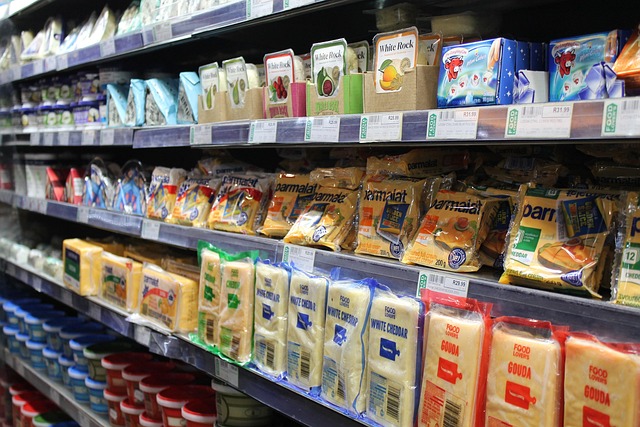Karachi's status as Pakistan's economic powerhouse significantly influences market dynamics and pricing trends for daily necessities. The city's diverse population and vibrant economy create a complex interplay of supply and demand, with seasonal shifts, import duties, and consumer preferences driving price fluctuations. Karachi's strategic port location further contributes to varying prices compared to other regions. Digital shopping has transformed how residents purchase essentials, offering convenience and competitive rates through online retailers' dynamic pricing algorithms. Inflation consistently affects everyday essential prices globally, including Karachi, where historical data shows sharp increases post-2008's financial crisis. Subscription models and membership benefits are gaining popularity for their convenience and cost savings, while local businesses embrace sustainable pricing strategies to cater to environmentally conscious consumers.
In the dynamic city of Karachi, understanding pricing trends for everyday essentials is a multifaceted endeavor. This article explores unique market dynamics specific to Karachi, delving into the impact of digital shopping, historical inflation patterns, evolving consumer behavior through subscription models, and sustainable pricing strategies for local grocers and retailers. By examining these factors, we gain insights into how Karachi’s market landscape shapes essential goods’ accessibility and affordability.
- Understanding Karachi's Market Dynamics: A Unique Pricing Perspective
- The Rise of Digital Shopping and Its Impact on Everyday Essentials
- Inflation and Its Effect on Essential Goods: A Historical View from Karachi
- Subscription Models and Membership Benefits: Shifting Consumer Behavior in Karachi
- Sustainable Pricing Strategies for Local Grocers and Retailers in Karachi's Market
Understanding Karachi's Market Dynamics: A Unique Pricing Perspective
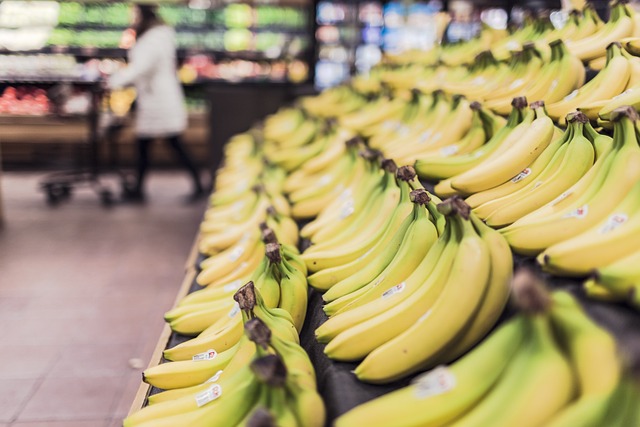
Karachi, as Pakistan’s economic hub, presents a unique market dynamic that influences pricing trends for everyday essentials. The city’s diverse population and bustling economy create a complex web of supply and demand. Local businesses in Karachi must navigate competitive markets, where prices can fluctuate based on various factors such as seasonal changes, import duties, and consumer preferences.
The port city’s strategic location also makes it a major trading center, often leading to varying price points for similar products compared to other regions. Understanding these dynamics is essential for both consumers and retailers, as it allows them to anticipate price movements and make informed decisions regarding everyday items like groceries, clothing, and household goods.
The Rise of Digital Shopping and Its Impact on Everyday Essentials
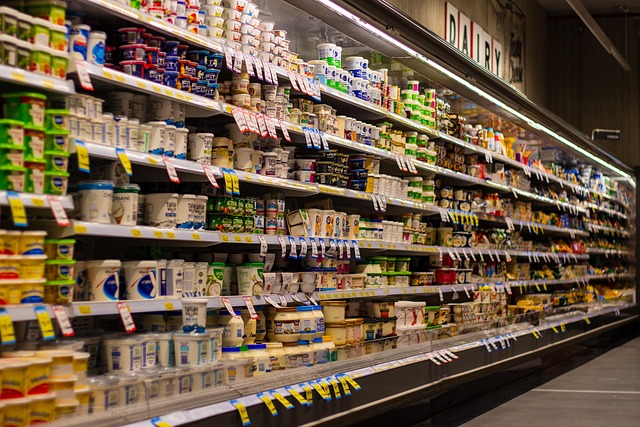
The rise of digital shopping has significantly transformed the way Karachi residents procure their everyday essentials. With just a few clicks, consumers can now access an extensive array of products from the comfort of their homes, revolutionizing convenience and accessibility. This shift towards e-commerce has had a profound impact on pricing dynamics in the city. Online retailers often leverage advanced algorithms to offer dynamic pricing, adapting to market fluctuations and individual purchasing behaviors. As a result, customers in Karachi enjoy greater price transparency and competitive rates for items like groceries, household goods, and personal care products.
Moreover, digital shopping allows for more frequent sales and promotions, providing residents with opportunities to save on essential items. The convenience of home delivery has also encouraged consumers to purchase from various retailers, fostering competition and driving prices down. This trend has not only empowered buyers but also prompted traditional brick-and-mortar stores in Karachi to adopt digital strategies to stay relevant, ensuring a more competitive pricing landscape for everyday essentials across the city.
Inflation and Its Effect on Essential Goods: A Historical View from Karachi
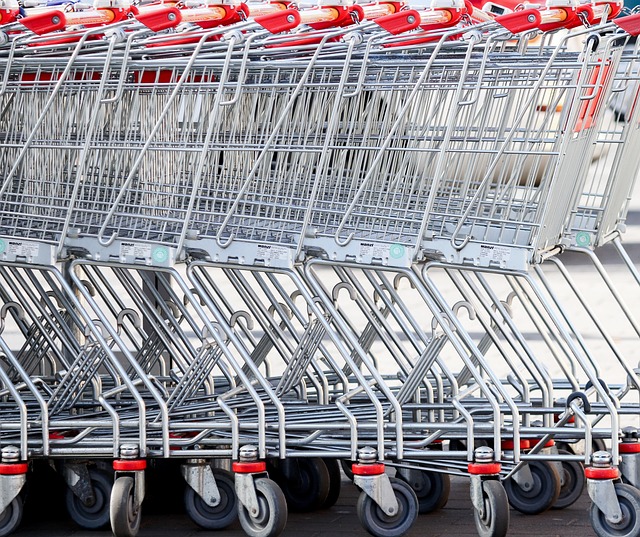
In Karachi, like many cities around the globe, inflation has had a profound impact on the pricing of everyday essentials over the years. Historically, periods of high inflation have often been accompanied by sharp increases in the cost of food, clothing, and other basic necessities. This trend is not new; during economic downturns or times of political instability, Karachi’s residents have faced rising prices that stretch their budgets further. For instance, the period following the global financial crisis of 2008 saw a significant increase in inflation rates, leading to higher prices for even the most staple goods.
Karachi’s experience with inflation mirrors broader trends across developing nations. As economic indicators fluctuate, consumers often bear the brunt through higher prices at local markets and supermarkets. This historical perspective underscores the challenge of maintaining affordability for essential goods amidst shifting economic conditions. It also highlights the need for proactive policy measures to protect vulnerable populations from the adverse effects of inflation on their daily lives.
Subscription Models and Membership Benefits: Shifting Consumer Behavior in Karachi
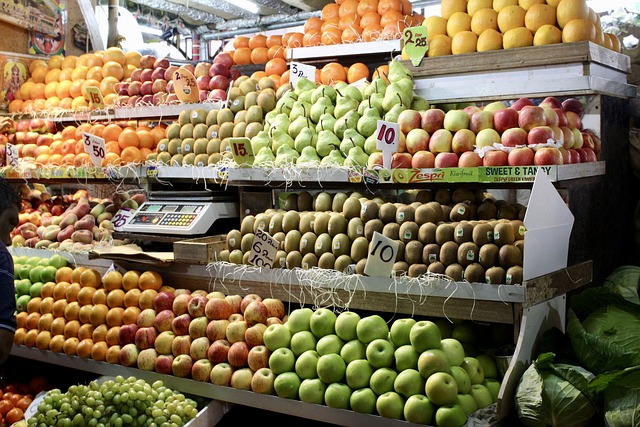
In Karachi, a bustling metropolis with a dynamic consumer base, subscription models and membership benefits are increasingly gaining traction among everyday essential retailers. This shift in consumer behavior is driven by the convenience and savings offered by these models, particularly for frequently purchased items like groceries and household goods. Customers in Karachi appreciate the hassle-free experience of automated deliveries at fixed intervals, reducing their time spent shopping and ensuring they never run out of essentials.
The rise of subscription services has also led to more personalized experiences, with retailers using data analytics to offer tailored product recommendations based on individual preferences and purchase history. This trend is particularly evident in the city’s growing e-commerce sector, where online platforms cater specifically to Karachiites’ unique needs and demands, enhancing their overall shopping journey.
Sustainable Pricing Strategies for Local Grocers and Retailers in Karachi's Market
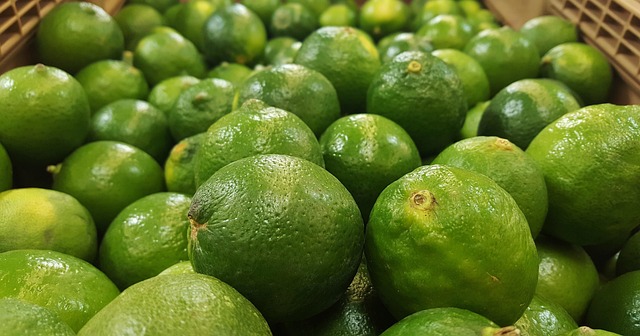
In the vibrant market of Karachi, local grocers and retailers are increasingly adopting sustainable pricing strategies to meet the demands of environmentally conscious consumers. These strategies not only promote ethical business practices but also foster a sense of community and long-term sustainability within the city’s diverse retail landscape. By offering organic produce at competitive prices, local stores are encouraging residents to make healthier choices while reducing their carbon footprint.
Karachi’s bustling markets have witnessed a shift towards transparent pricing models, where retailers openly communicate the benefits of sustainable products. This trend empowers consumers to make informed decisions, supporting local businesses that prioritize environmental stewardship. Moreover, these strategies often involve direct partnerships with farmers and producers, ensuring fresh, locally sourced goods at reasonable rates, thereby strengthening the economic fabric of the community in Karachi.
In conclusion, the pricing trends for everyday essentials in Karachi reflect a complex interplay of market dynamics, technological advancements, historical economic factors, and evolving consumer behaviors. Understanding these trends is essential for local grocers and retailers to implement sustainable pricing strategies that cater to the unique needs of Karachi’s diverse population. By navigating the challenges posed by inflation, embracing digital shopping, and adopting innovative models like subscription services, Karachi’s market can continue to thrive and adapt to the changing landscape, ensuring accessibility and affordability for all.
